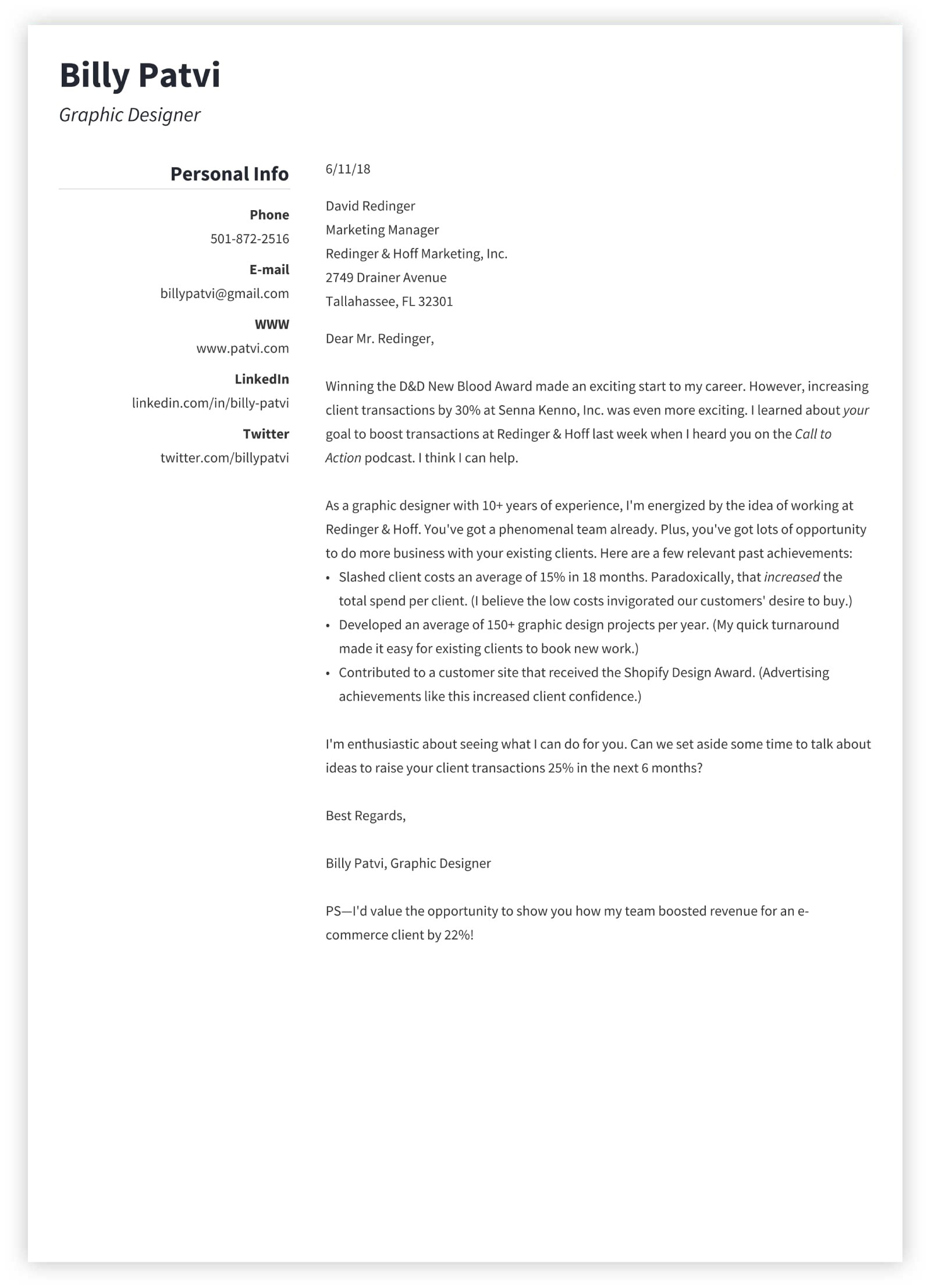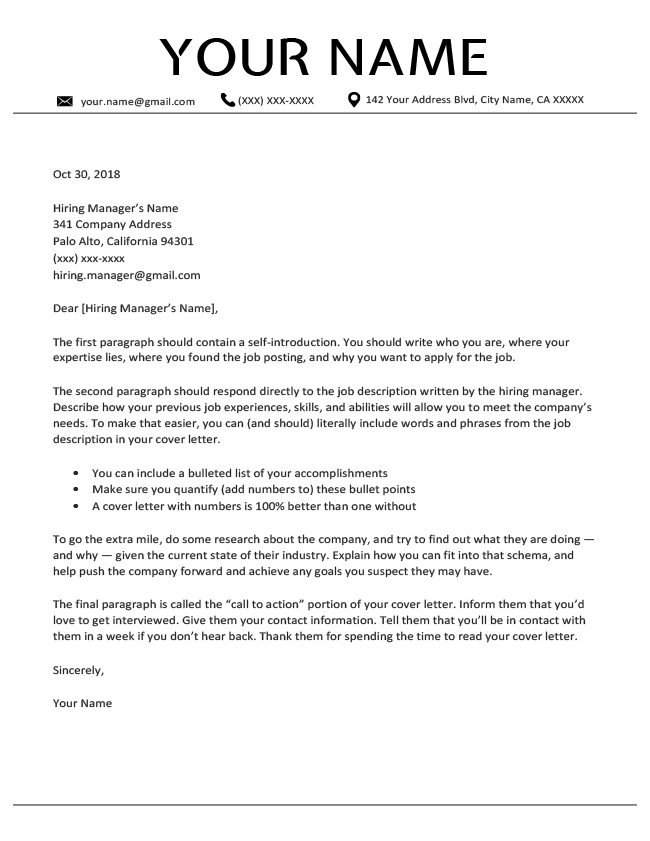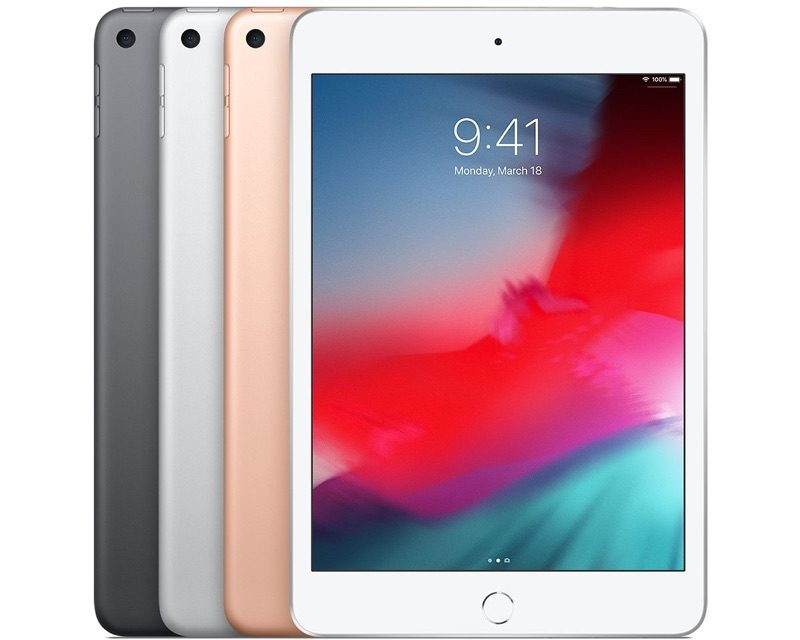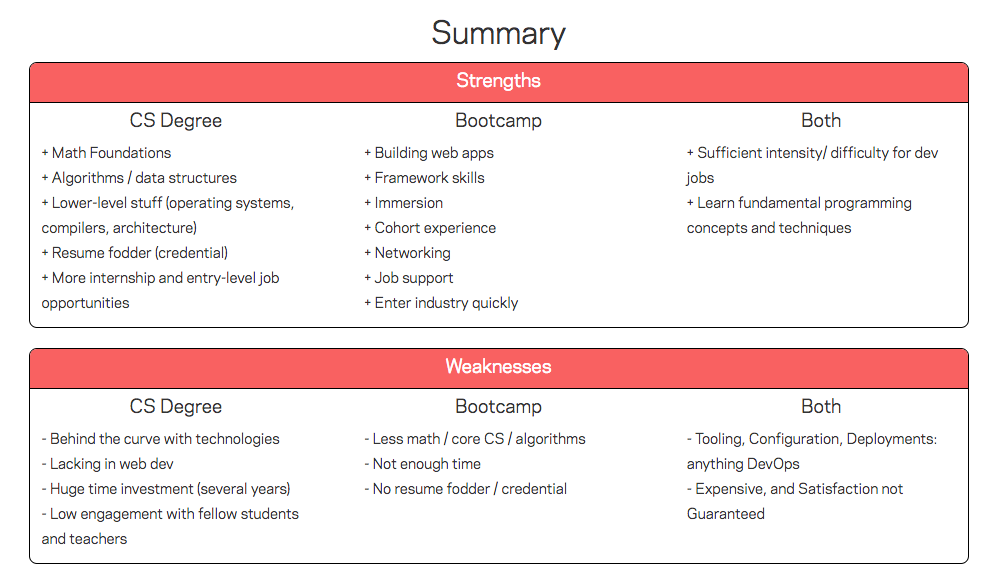4G uses frequencies below 6 GHz while some 5G networks use higher frequencies like around 30 GHz or more. What are the radio frequency bands used in 5G communication system.
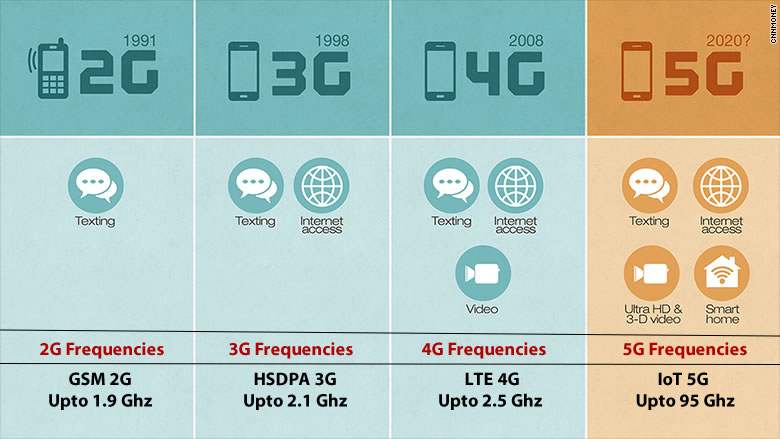 5g Network Uses Nearly Same Frequency As Weaponized Crowd Control Systems Rf Safe New Far Uv Emr Light Shields Emr Emf Safety Rf Mw Uva Uvb Uvc And Far Uvc
5g Network Uses Nearly Same Frequency As Weaponized Crowd Control Systems Rf Safe New Far Uv Emr Light Shields Emr Emf Safety Rf Mw Uva Uvb Uvc And Far Uvc
Youve probably heard that 5G uses the millimeter wave spectrum to reach its 10 Gbps speeds.

How many hertz is 5g. 5G Ultra Wideband Verizons millimeter wavelength mmWave-based 5G operates at frequencies of about 28 GHz and 39GHz. Verizon uses several spectrum bands for its 5G offerings. One underlying difference is 5Gs use of unique radio frequencies to achieve what 4G networks cannot.
How much 24 GHz 28-29 GHz 31 GHz 39 GHz spectrum is available and where While Verizon has been perhaps the most aggressive in its 5G. But when they are 5G will use between 24 GHz and 90 GHz. Where Smart Meters operate at roughly 900 million cycles a second the 5G antennas will radiate at between 30 and 100 BILLION cycles a second.
Most cell phones put off right around 19 GHz to the 245 GHz. On those frequencies 5G uses the same towers as. 5G spectrum maps.
5 GHz is the newer one. 24 GHz and 5 GHz. What frequency does 5G use.
Every portion of the spectrum has a range of frequencies called a band that go by a specific name. There have never been any health safety studies of 5G radiation. Frequency range 2 is from 2425 GHz to 526 GHz.
The impacts of 5G60 GHz are not widely published. The current plan is to put focused beam 5G antennas within a couple hundred feet of every home in the world. Heres what we know from big telecom company promotional material.
The radio spectrum is broken up into bands each with unique features as you move up into higher frequencies. Josh Axe a doctor of chiropractic 5G also known as 5th generation mobile networks or wireless systems is considered the next phase in mobile technology. Without all three spectrums 5G wouldnt be reliable.
Mid-band 5G uses microwaves of 2537 GHz allowing speeds of 100900 Mbits with each cell tower providing service up to several kilometers in radius. ATT Sprint and T-Mobile all plan to install 5G on existing 4G frequencies such as 600MHz 1900MHz and 25GHz. 5G Network Uses Nearly Same Frequency as Weaponized Crowd Control Systems.
It has limitation due to bandwidth. The plan according to Elon Musk and others is to launch around 20000 satellites that will beam 5G from space to earth as Technocracy News Trends states. Todays cellular and Wi-Fi networks rely on microwaves a type of electromagnetic radiation utilizing frequencies up to 6 gigahertz GHz in order high speed wireless transmission of voice and data.
Conventional GSM and LTE network uses frequency range below 4 GHz range. Frequency range 1 is from 450 MHz to 6 GHz. The bad news is that these.
Frequency range 1 is from 450 MHz to 6 GHz. Microwave ovens operate using 245 GHz. This level of service is the most widely deployed and should be available in most metropolitan areas in 2020.
Defining the 5G Spectrum Radio wave frequencies range anywhere from 3 kilohertz kHz up to 300 gigahertz GHz. In order to support higher bandwidth 5G require high frequency range of sub 6 GHz and millimeter waves. Millimeter wave spectrum is generally considered the band of spectrum between 6 GHz and 100 GHz with 5G trials being conducted in a variety of bands within this range.
The frequency bands for 5G networks come in two sets. With this in mind the frequencies used by current 5G infrastructure approximately 600MHz to 2600MHz at the time of writing pose no greater threat than any other within the range of radio. Its still part of modern Wi-Fi standards like 80211ac and Wi-Fi 6.
Why 5G requires high frequency spectrum. When 5G cellphones come out they will still be using the 2 GHz to 24 GHz of 3G 4G when 5G signals are not available. The super fast speed of Verizons 5G Ultra Wideband arises from its use of higher radio frequencies.
In the United States the Federal Communications Commission has auctioned off the first bandwidth 28 gigahertz GHz that will form the 5G network with. 60 GHz has a very distinct impact on none other than oxygen itself Yes articles from companies touting benefits of 5G admit 60 GHz is absorbed by oxygen as seen by this graph. But it also uses the low- and mid-band spectrums just like 4G.
5GHz Is One of Two Bands For Wi-Fi Wi-Fi has two frequency bands you can use. It came into wide use with the 80211n Wi-Fi standard which was initially published back in 2009.

